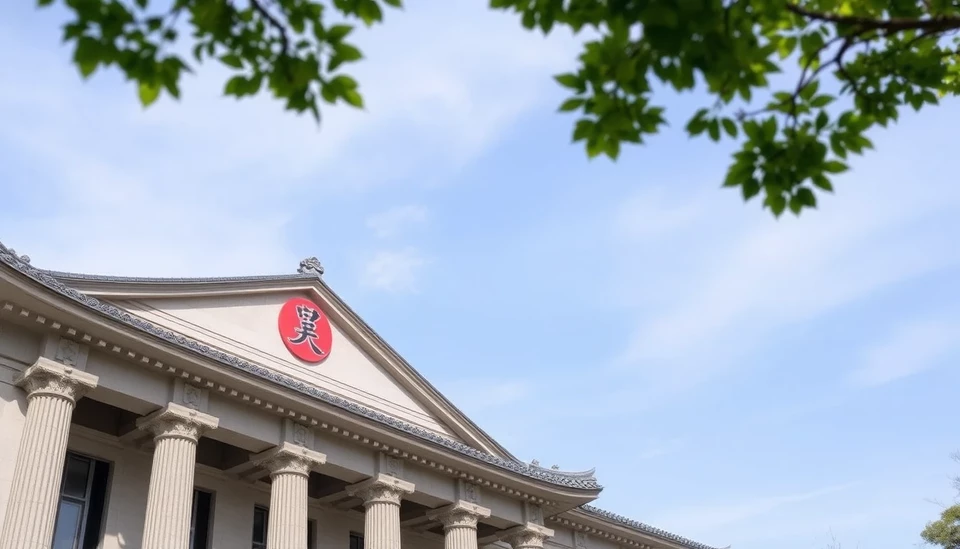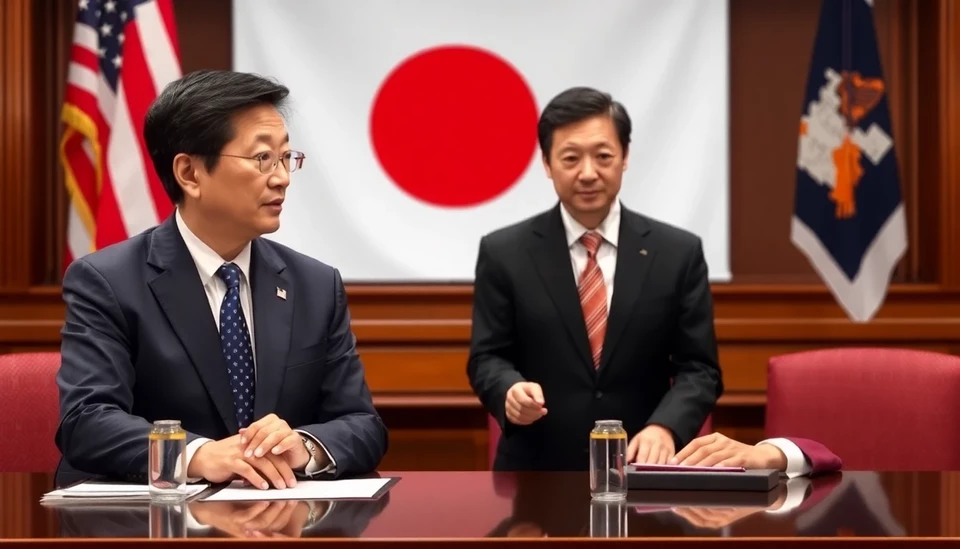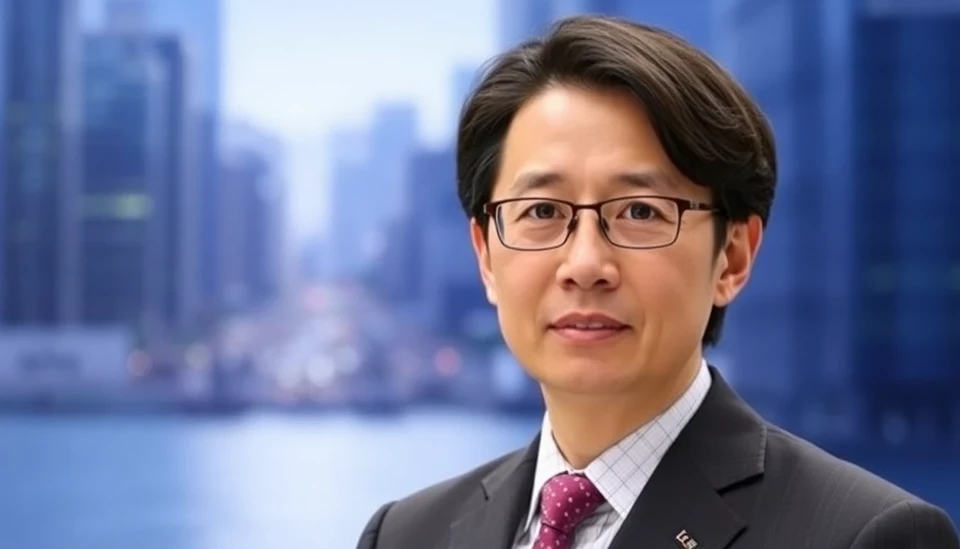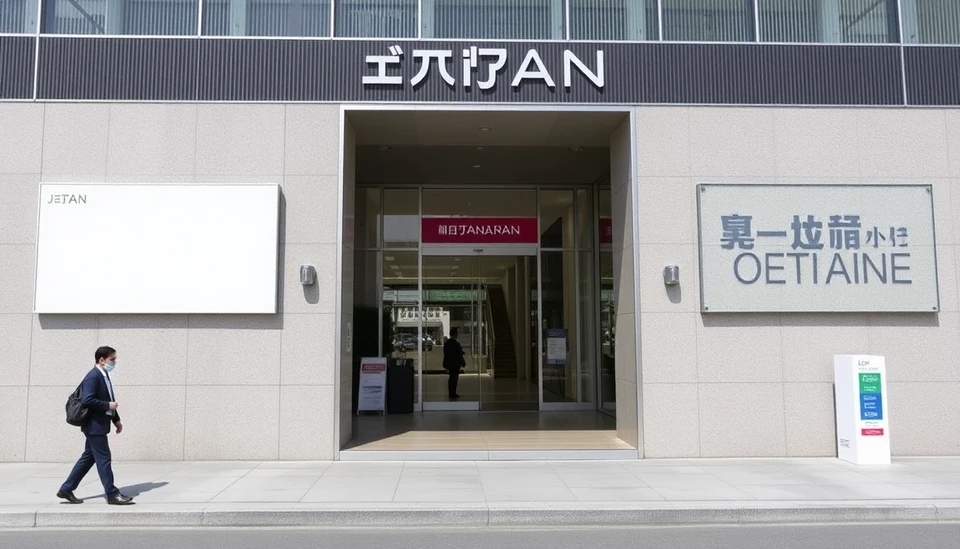
In a move that could reshape the landscape of public financing in Japan, the country’s main opposition party has unveiled a bold proposal that aims to leverage the Bank of Japan’s (BOJ) exchange-traded funds (ETFs) to finance a comprehensive free education program. This initiative, which seeks to alleviate the burden of education costs on families, is setting the stage for intense political discussions in the lead-up to the upcoming elections.
The idea, presented by the Constitutional Democratic Party of Japan (CDPJ), pivots on the notion that the BOJ's substantial holdings in ETFs, which are designed to stabilize asset markets, could be directed towards funding educational initiatives without imposing additional taxes on the populace. The proposal aims to cover the costs of kindergarten through university education, presenting a solution to a longstanding issue that has seen rising educational expenses and dwindling support for families.
CDPJ President Kenta Izumi emphasized that implementing free education could be a game-changer for Japan, arguing that access to quality education is essential for fostering future generations and sustaining economic growth. This initiative reflects a growing recognition among opposition parties that robust public services are vital for attracting voters who are increasingly weary of the financial pressures tied to education.
The strategic timing of this proposal comes at a moment when the ruling Liberal Democratic Party (LDP) is facing criticism over its handling of economic issues, including inflation and the rising cost of living. The CDPJ's challenge to the status quo, particularly in relation to fiscal policies originating from the BOJ, underscores the potential for significant ideological shifts in Japan’s economic management.
Critics of the proposal argue that utilizing the BOJ’s ETFs could lead to unforeseen consequences, particularly concerning market stability and monetary policy. They warn that diverting these funds could undermine the central bank's primary mandate: to maintain price stability and support economic growth. Nonetheless, proponents maintain that if managed effectively, this funding mechanism could serve as a constructive means to enhance public welfare without inflating public debt.
The discussion around free education isn't new in Japan, but the attempt to interconnect it with the BOJ's assets marks a novel approach that could resonate with younger voters and families grappling with educational expenses. As Japan enters a period of political reconfiguration, the resolution of this financial dilemma could have lasting impacts on societal structure and future government policies.
As the proposal gains traction, it remains to be seen how the ruling party will respond and whether this idea will catalyze a broader movement towards educational reform or merely serve as a talking point in an increasingly competitive political climate.
Japan’s political future seems entwined with the effectiveness of its educational framework, and how this debate unfolds will undoubtedly influence generations to come.
#Japan #EducationReform #BankOfJapan #PoliticalProposal #FreeEducation #ConstitutionalDemocraticParty #KentaIzumi
Author: Daniel Foster




